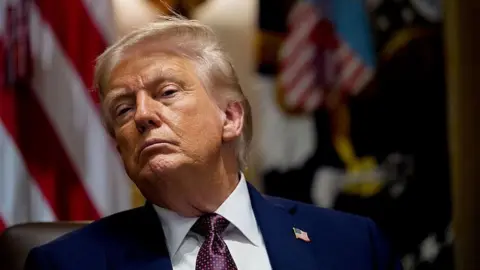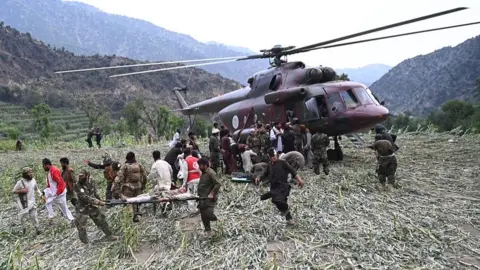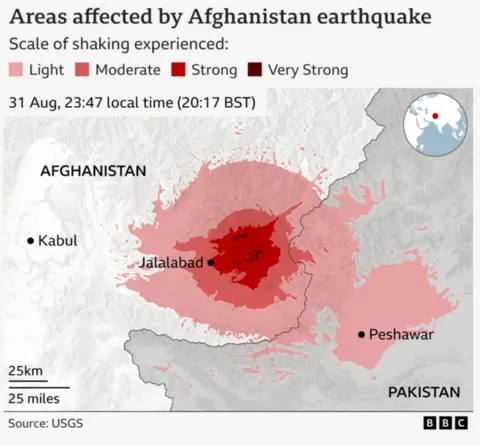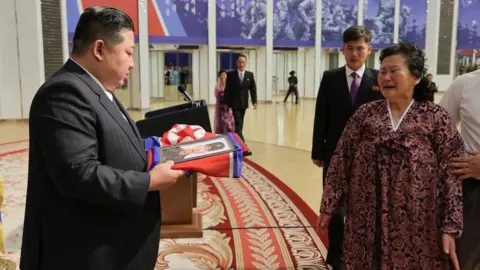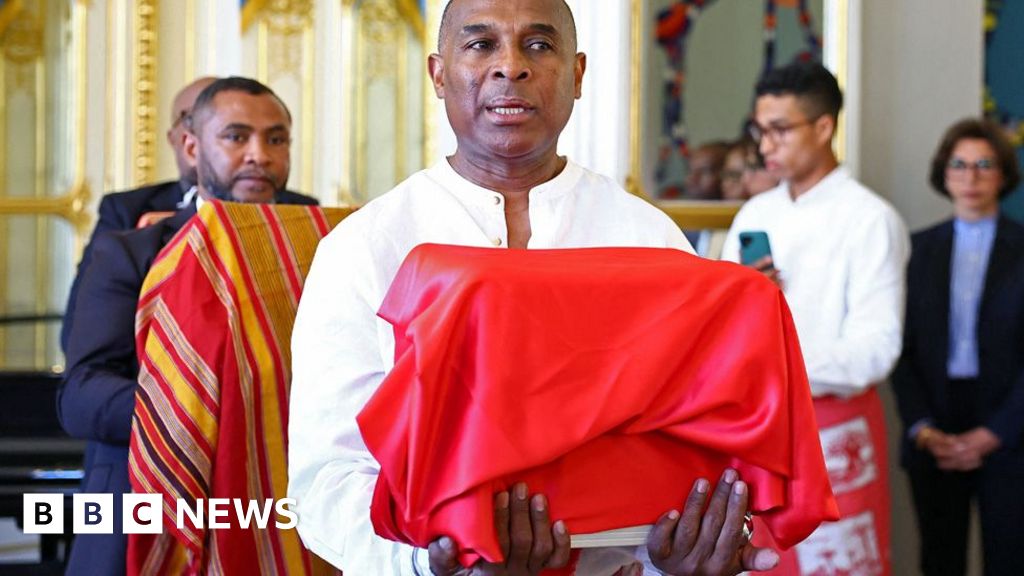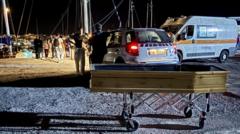In a poignant ceremony marking the 80th anniversary of the atomic bomb that devastated Nagasaki, Mayor Shiro Suzuki highlighted the urgent need for global peace and called attention to the escalating conflicts that threaten humanity. Reflecting on the tragedy of August 9, 1945, Suzuki's Peace Declaration emphasized, "Conflicts around the world are intensifying in a vicious cycle of confrontation and fragmentation. If we continue on this trajectory, we will end up thrusting ourselves into a nuclear war."
The bombing, which claimed approximately 74,000 lives, was a pivotal moment that hastened the end of World War II. In subsequent years, many survivors faced severe health complications, including leukaemia caused by radiation exposure. This year’s commemoration followed the 80th anniversary of the Hiroshima bombing, which occurred three days earlier and is estimated to have killed about 140,000 people.
During the ceremony, held in the rebuilt city, attendees observed a moment of silence while the twin cathedral bells chimed together for the first time since the bombing, symbolizing a call for world peace. A touching gesture involved offering water, reminiscent of the cries of victims on that fateful day who suffered from unbearable burns and thirst.
“On 9 August 1945 an atomic bomb was dropped on this city,” Suzuki reminded those present. He urged for an end to violent disputes, stating, “Now, 80 years since that day, who could have possibly imagined that our world would become like this?”
Survivor Hiroshi Nishioka, now 93, shared heart-wrenching memories of the aftermath, describing the slow and painful demise of those who survived the initial blast. “Even the lucky ones gradually began to bleed from their gums and lose their hair, and one after another they died,” he recalled.
This year's commemoration extended invitations to representatives from Israel and Russia, contrasting with last year’s exclusion of Israel due to security concerns following ongoing conflicts like the Israel-Hamas war and the war in Ukraine.
The Mayor also referenced the Treaty on the Prohibition of Nuclear Weapons, which took effect in 2021 and has been ratified by over 70 nations but resisted by recognized nuclear powers. Japan, while rejecting the treaty, continues to view the US nuclear arsenal as a component of its national security strategy.
As the world witnesses ongoing conflicts, including the tensions between Russia and Ukraine and the casualties of the Israel-Gaza confrontations, Suzuki's message resonates strongly: it is paramount that the tragedies of the past inform a collective commitment to securing a peaceful future devoid of nuclear threats.









